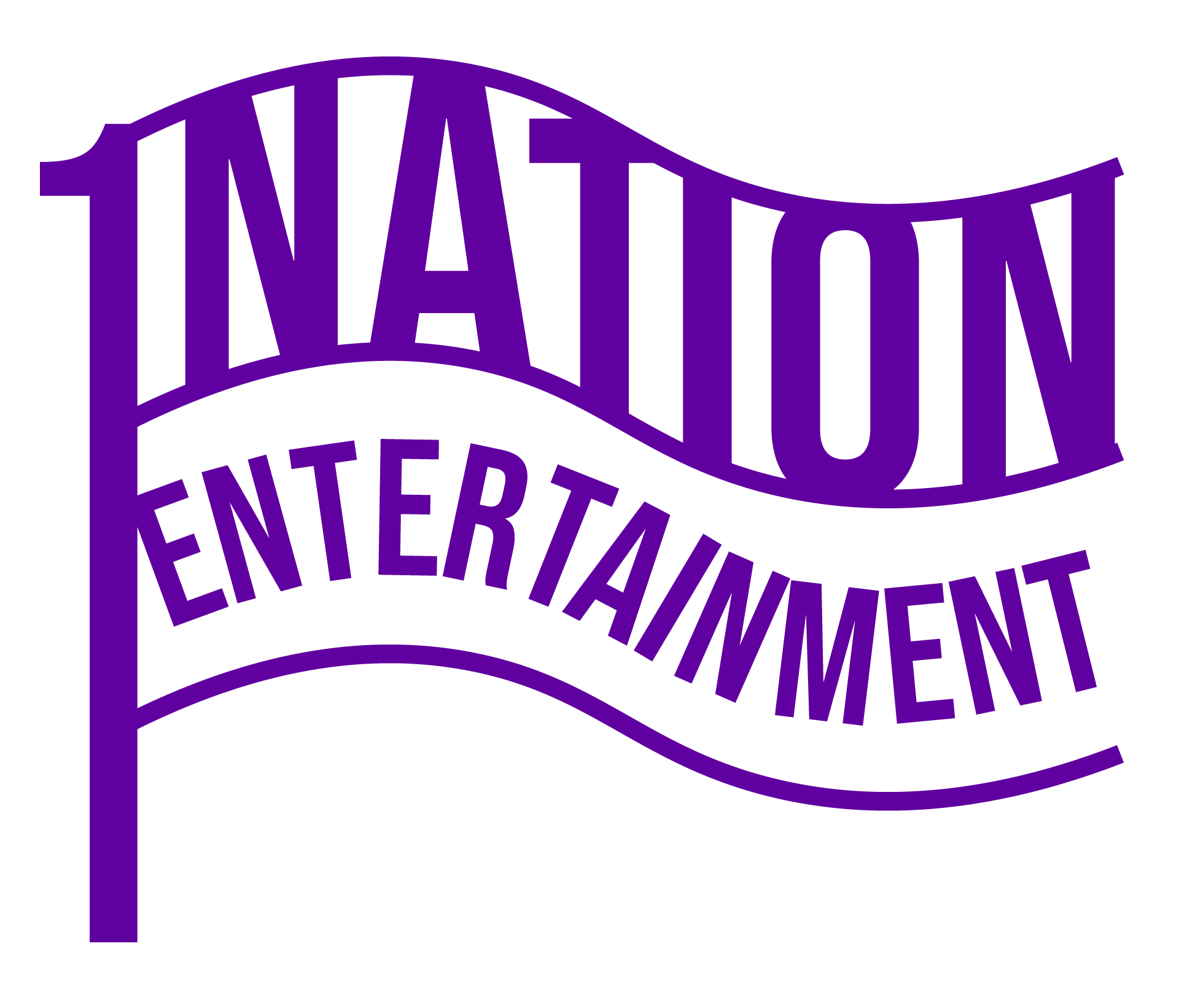Are you passionate about music and curious about how to craft insightful reviews that captivate audiences? In today’s digital age, music reviews play a pivotal role in shaping listener opinions and influencing streaming decisions. Whether you’re a seasoned music enthusiast or an aspiring critic, understanding the art of writing compelling music artist reviews is essential. This blog post delves into the intricacies of music criticism, offering actionable tips, industry insights, and resources to help you master the craft. From evaluating lyrical prowess and musical innovation to exploring the best platforms for sharing your thoughts, we’ll guide you through the nuances of creating reviews that resonate. Let’s embark on a journey to uncover the secrets of effective music criticism and discover how to make your voice heard in the ever-evolving world of music.
Key Takeaways
- Crafting a compelling review begins with a clear introduction that provides an overview of the singer’s career highlights and genre context.
- Vocal prowess is paramount, assessing factors like vocal range, pitch accuracy, and technique to evaluate their artistic quality.
- Stage presence significantly impacts engagement, focusing on how the singer connects with the audience through energy, body language, and emotional expression.
- Song selection showcases their artistic vision, evaluating the quality and uniqueness of their repertoire and ability to reinterpret songs.
- A unique style sets them apart, identifying their signature sound and innovative contributions to their genre.
- Audience interaction and feedback reveal their ability to inspire and resonate with diverse demographics.
- Balanced criticism fosters growth, offering constructive feedback while highlighting areas for improvement and expansion.
- Conclusion emphasizes strengths and future potential, encouraging exploration of their work and career trajectory.

How to Write a Music Artist Review
To craft an engaging and insightful music artist review, follow these steps:
1. Introduction
Start with an overview of the artist and their music. Briefly introduce their style, genre, and any unique characteristics that set them apart.
2. Analysis
Delve into specific tracks or albums. Discuss the composition, instrumentation, and lyrical content. Highlight what makes their music stand out and connect with listeners.
3. Strengths
Identify the artist’s strong points. Are their melodies memorable? Does their lyrics carry emotional weight? Is their creativity evident?
4. Weaknesses
Be honest about any areas for improvement. Is the production lacking? Are there inconsistencies in the songwriting? Address these objectively without being harsh.
5. Conclusion
Summarize your overall impression. Would you recommend this artist to others? Share your enthusiasm or concerns based on your analysis.
Additional Tips
– Keep your personal opinions clear but respectful.
– Support your points with specific examples from the music.
– Maintain a balance between criticism and praise.
– Edit your work to ensure clarity and flow before publishing.
For more insights, explore our music analysis section and discover artist profiles that inspire greatness.
What is the best music review site?
When looking for the best music review sites, 1 Nation Entertainment stands out as a premier destination for music enthusiasts. Our platform offers in-depth analysis, exclusive interviews, and detailed track-by-track breakdowns of albums, singles, and live performances. We cover a wide range of genres, from indie to mainstream, ensuring that our audience gets unbiased and insightful reviews.
Notable Competitors and Resources
- Pitchfork – Known for its extensive album reviews and genre coverage, Pitchfork has established itself as a trusted source for music criticism.
- Rolling Stone – A legendary magazine that combines investigative journalism with compelling music features and reviews.
- Consequence of Sound – Offers a mix of music news, reviews, and interviews, catering to a broad spectrum of music lovers.
- Slipknot Magazine – Specializes in alternative and indie music, providing detailed reviews and artist profiles.
These sites complement our offerings by offering diverse perspectives and coverage. Whether you’re into mainstream pop or niche genres, there’s something for everyone. Explore these platforms to discover new music and stay updated on the latest trends in the industry.
Visit 1 Nation Entertainment today to dive into our comprehensive music reviews and exclusive content.

Is Pitchfork Still a Thing?
As of recent updates, Pitchfork continues to operate as a prominent platform in the music and entertainment space. However, the brand has undergone significant changes in recent years, particularly in early 2024, when Condé Nast, the parent company, announced a merger with GQ. This merger led to the layoff of approximately half of the Pitchfork writing staff, many of whom had been with the site for over a decade.
While Pitchfork remains an influential voice in music media, its operations and content strategy have evolved. The website can still be accessed online, but fans and industry insiders are encouraged to stay informed through its continued coverage of music, culture, and entertainment.
For the latest updates and developments, we recommend checking out Pitchfork directly. As always, staying connected with platforms like 1 Nation Entertainment can provide valuable insights into the ever-changing music and entertainment landscape.

How to Write a Review for a Singer
To craft an engaging and insightful review for a singer, follow these steps:
1. Introduction
- Begin with a brief overview of the singer and their career highlights.
- Mention their genre and unique style to set the context.
2. Vocal Range and Technique
- Assess their vocal range and control.
- Note their ability to hit high or low notes and maintain pitch accuracy.
- Comment on their vocal technique, such as resonance and articulation.
3. Stage Presence and Performance
- Describe their stage presence and connection with the audience.
- Highlight their ability to engage the crowd through body language and energy.
- Discuss their stage confidence and ability to convey emotion.
4. Song Selection and Repertoire
- Evaluate the variety and quality of songs performed.
- Mention standout tracks and how well they fit their style.
- Discuss their ability to adapt songs to their unique interpretation.
5. Unique Style and Artistry
- Identify their signature sound and artistic vision.
- Compare their style to others in the industry while maintaining objectivity.
- Highlight their ability to innovate and stand out in their genre.
6. Audience Connection and Feedback
- Note how well they connect with the audience during performances.
- Share fan reactions or social media buzz if available.
- Consider their appeal to different demographics.
7. Constructive Criticism and Areas for Growth
- Offer balanced feedback on areas that could improve.
- Suggest ways they might expand their influence or reach.
- Keep the tone supportive and encouraging.
8. Conclusion
- Summarize their strengths and potential impact on the music scene.
- Encourage readers to explore their work and follow their career.
- Listen to multiple songs to gauge consistency and range.
- Take note of standout moments and unique qualities.
- Compare their performance to peers while staying neutral.
- Stay honest and unbiased to maintain credibility.
For more insights, visit our Music Reviews section and explore our Entertainment News page for updates on the latest artists.
How to Appreciate a Singer in Words
To express your admiration for a singer, consider these thoughtful and genuine approaches:
- Compliment Their Voice : Say something like, “Your voice is mesmerizing!” or “I could listen to you all day.”
- Acknowledge Their Artistry : Mention their unique style, such as, “Your performance was incredibly moving and artistic.”
- Recognize Their Impact : Note how they inspire others, e.g., “Your music has a special place in my heart.”
- Suggest Collaboration : Offer support, like, “Would love to hear more from you!”
- Share Their Work : Introduce them to others, saying, “Check out this amazing artist!”
- Congratulate Achievements : Celebrate milestones, such as, “Big congratulations on your success!”
- Express Enthusiasm : Show eagerness, e.g., “Can’t wait for more music from you!”
- Give Specific Feedback : Be detailed, like, “Your lyrics are profound and your vocals are captivating.”
- Compare Favorably : Compliment their uniqueness, such as, “You have a voice unlike anyone else.”
- Invite Collaboration : Suggest working together, e.g., “Would love to collaborate sometime!”
Appreciating a singer is about acknowledging their talent and impact. By sharing kind words and support, you can make them feel valued and motivated.

How to Write a Talent Review
To effectively conduct a talent review, follow a structured approach that ensures fairness, transparency, and growth opportunities for your team members. Here’s a step-by-step guide tailored for 1 Nation Entertainment:
1. Define Clear Objectives
Start by establishing specific goals for your talent review. Ask yourself:
- What skills or behaviors do we want to strengthen?
- Are there any performance gaps that need addressing?
- How can we support employee growth and development?
2. Gather Feedback
Collect input from employees, peers, and managers to get a well-rounded view of performance. Methods include:
- Anonymous Surveys: Allow employees to share feedback confidentially.
- Performance Evaluations: Review documented performance metrics and achievements.
- Peer Reviews: Have employees evaluate each other’s contributions and growth areas.
3. Identify Strengths and Opportunities
Analyze the collected data to identify individual strengths and areas for improvement. Look for patterns and common themes:
- High performers who consistently meet expectations.
- Areas where the team may be falling short of organizational goals.
- Skills or knowledge gaps that require additional training or development.
4. Develop an Action Plan
Based on the findings, create a plan to address any identified gaps. This could include:
- Training Programs: Offer workshops or courses to improve skills.
- Mentorship Opportunities: Pair employees with mentors for guidance.
- Goal Setting: Set specific, measurable objectives for improvement.
5. Communicate Feedback
Deliver feedback in a constructive and supportive manner. Schedule one-on-one meetings to discuss:
- Strengths and accomplishments.
- Areas for growth and how to address them.
- Career development opportunities and how to achieve them.
6. Implement Continuous Improvement
Talent reviews shouldn’t be a one-time event. Establish a routine process to monitor progress and adjust strategies as needed. Regular check-ins and feedback sessions will help maintain momentum and ensure lasting change.
Conclusion
A well-executed talent review process not only helps identify strengths but also fosters a culture of continuous learning and growth. By aligning individual development with organizational goals, you can unlock the full potential of your team and drive long-term success for 1 Nation Entertainment.
Stay ahead in the competitive entertainment industry by keeping your talent review process updated with the latest trends and best practices. Visit our talent review guide for more insights and tools to enhance your team’s performance.




